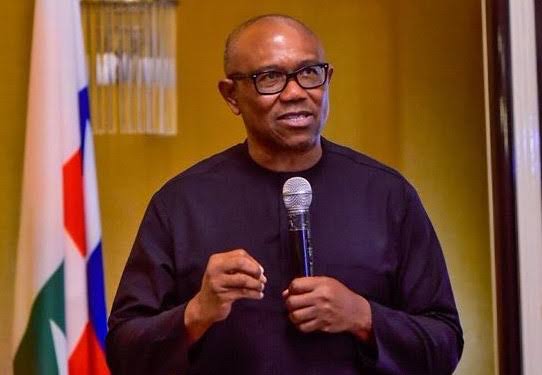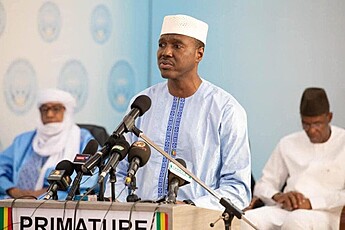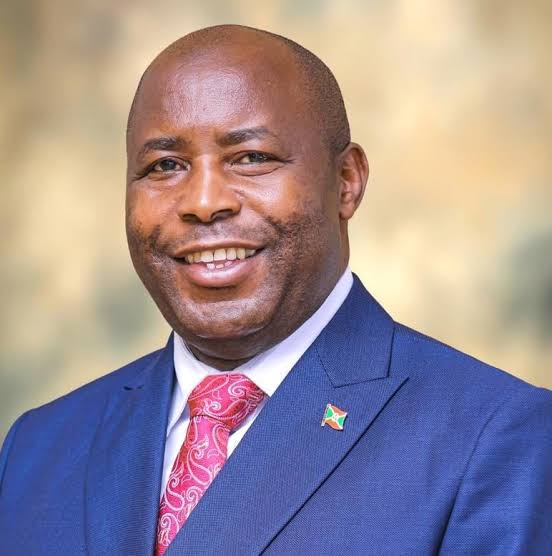
Cybersecurity Levy: Government more intrested in milking a dying economy – Peter Obi

In a scathing critique of the government’s recent decision to introduce a Cybersecurity Levy, Labour Party presidential candidate Peter Obi has denounced the move as detrimental to the already beleaguered Nigerian economy.
Obi contends that the imposition of yet another tax burden on Nigerians, who are grappling with severe economic distress, underscores the government’s misplaced priorities and its failure to foster economic recovery and growth.
The introduction of yet another tax, in the form of Cybersecurity Levy, on Nigerians who are already suffering severe economic distress is further proof that the government is more interested in milking a dying economy instead of nurturing it to recovery and growth, he noted.
Speaking out against what he perceives as “multiple taxation on banking transactions,” Obi highlights the irony of imposing additional levies when the government has pledged to streamline the tax system and reduce the tax burden on citizens.
The Cybersecurity Levy, he argues, will further deplete the trading capital of businesses, exacerbating the challenges posed by currency devaluation and rampant inflation.
Obi expresses disbelief at the expectation for citizens to single-handedly fund government activities, cautioning that such policies deepen poverty and undermine Nigeria’s global competitiveness.
Obi raises concerns about the allocation of revenue from the Cybersecurity Levy, questioning why the office of the National Security Adviser (NSA) is designated as the recipient of returns from this tax.
He challenges the rationale behind transforming a national security institution into a revenue collection agency, questioning the legitimacy of such a move.
And when did the office of the NSA become a revenue collecting centre? And why should that purely national security office receive returns on a specific tax as stated in the new cybersecurity law, he questioned.
He argued that instead of alleviating economic pressures, the government’s decision to introduce new taxes contradicts efforts to combat inflation. Obi asserts that the timing of this levy is particularly ill-suited, as it comes at a time when the focus should be on reducing taxes to mitigate inflationary pressures.
About The Author
Related Articles
Mali Raises $56M from Telecom Taxes, Channels Bulk Toward Power Supply Upgrades
The Government of Mali has announced that a total of 34 billion...
ByOluwasegun SanusiJuly 18, 2025Ghana’s Foreign Minister Debunks “Igbo Kingdom in Ghana” Claim, Calls for Pan-African Solidarity
Ghana’s Minister for Foreign Affairs, Sam Ablakwa has officially debunked viral claims...
ByOluwasegun SanusiJuly 18, 2025Burundi’s President Ndayishimiye Appointed as African Union Special Envoy for Sahel Region
The Chairman of the African Union (AU), H.E. João Lourenço, has appointed...
ByOluwasegun SanusiJuly 18, 2025Burkina Faso’s August 4 Stadium Reopens After Major Renovation and CAF Reaccreditation
After four years of absence from the international football scene, Burkina Faso...
ByOluwasegun SanusiJuly 17, 2025











